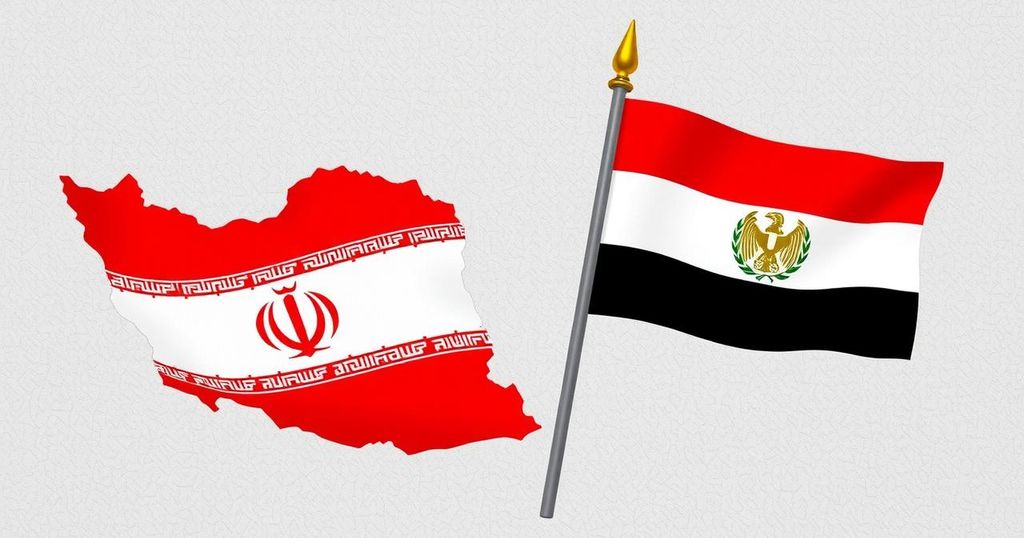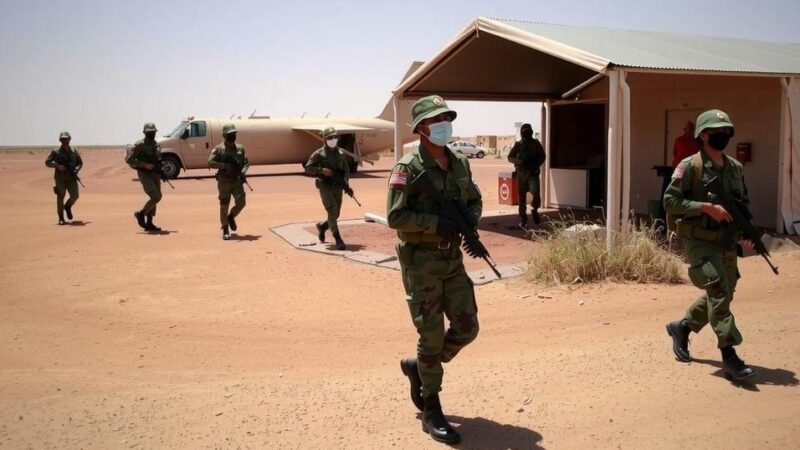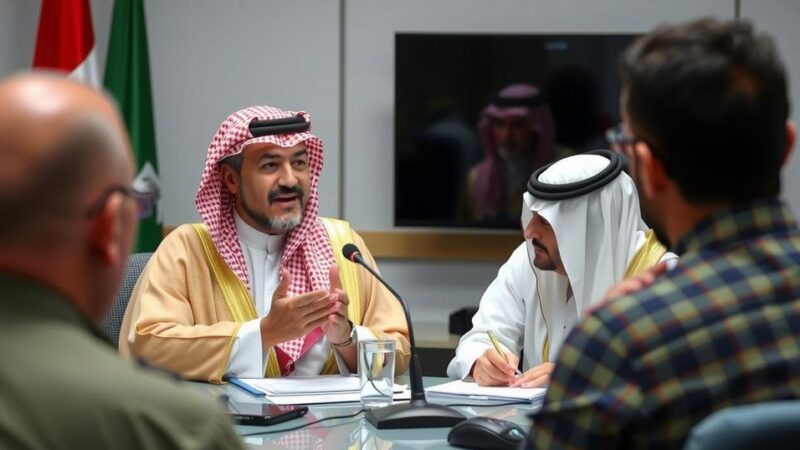The recent D-8 Summit in Cairo hosted Iranian President Masoud Pezeshkian’s first visit in over a decade, marking a potential shift in Iran-Egypt relations. Since the 1979 Islamic Revolution, diplomatic ties have been strained amidst geopolitical rifts, yet recent developments suggest both nations are moving toward restoration of formal ties. Shared regional interests and recent diplomatic overtures coupled with historical complexities define the potential for a reconciliatory future in bilateral relations.
The recent visit of Iranian President Masoud Pezeshkian to Cairo for the D-8 Summit signifies a potential turning point in Iranian-Egyptian relations, marking the first visit by a senior Iranian official to Egypt in over a decade. Since the Islamic Revolution of 1979, diplomatic ties between Iran and Egypt have remained strained, despite various efforts at reconciliation. The historical context reveals a relationship that has oscillated between cooperation and confrontation, predominantly shaped by political ideologies and geopolitical alignments.
Historically, the relationship between Iran and Egypt evolved through distinct phases, notably pre-and post-1979. Prior to the revolution, Iran under Shah Mohammad Reza Pahlavi aligned closely with Western powers, which conflicted with Egypt’s adoption of pan-Arabism under leaders like Gamal Abdel Nasser. The ideological clash became more pronounced following the Islamic Revolution, which led to Egypt’s alignment with Iraq during the Iran-Iraq War.
In the decades following the revolution, efforts at rapprochement surfaced intermittently, notably during the presidencies of Mohammad Khatami and Mohamed Morsi, yet deep-seated political differences obstructed meaningful progress. Most recently, President Ebrahim Raisi’s government has reinstated discussions aimed at normalizing ties with Egypt, alongside the broader regional context being shaped by the rapprochement between Iran and Saudi Arabia.
Diplomatic interactions, while previously limited, are now on the verge of expansion, suggesting that both nations may be prepared to mend decades of estrangement. Iranian officials have expressed a strong desire to reopen embassies in Cairo, reflecting optimism about the future of bilateral relations.
Consequently, this renewed political will from both sides signals a significant shift in regional dynamics, where longstanding animosities may yield to a collaborative framework. The steps taken in the past year indicate ample opportunities for enhanced engagement between Iran and Egypt in a potentially transformative period for both nations.
As Egyptian Foreign Minister Sameh Shoukry affirmed during his visit to Tehran, “we hope to build relations on solid and stable foundations,” which closely ties into the sentiments expressed by Iranian officials regarding restoring diplomatic channels.
In summary, the interplay of historical animosities, geopolitical alignments, and the recent diplomatic overtures embody the complexities of Iran-Egypt relations. The current trends suggest that both countries may indeed be on a path towards reconciliation, propelling regional cooperation in an increasingly polarized environment, ushering in a hopeful era for their relations.
The relationship between Iran and Egypt has historically been characterized by significant fluctuations. Following the 1979 Islamic Revolution in Iran, diplomatic relations with Egypt, mostly steered by the differing political ideologies as well as regional alignments, faced a major upheaval. The 1979 severance of relations was precipitated by Egypt’s peace treaty with Israel and subsequent hosting of the deposed Shah. Despite intermittent attempts at diplomatic engagement in the decades that followed, various geopolitical tensions have continually stymied the restoration of full diplomatic relations through the years. Most recently, the political landscape in the Middle East has evolved, particularly with the restoration of ties between Iran and Saudi Arabia acting as a potential catalyst for thawing relations between Iran and Egypt. In this setting, both nations express a renewed willingness to address historical grievances and restore formal diplomatic ties. Understanding the historical backdrop is crucial for contextualizing the current efforts towards restoring Iran-Egypt relations, as it emphasizes the complexities involved in reconciling their divergent national interests.
In conclusion, the evolving state of Iran-Egypt relations reflects a complex historical narrative marked by ideological conflicts and geopolitical realignments. The recent diplomatic efforts catalyzed by changes in regional dynamics, particularly following the rapprochement between Iran and Saudi Arabia, indicate a potential shift towards improved relations. As both nations display an increased willingness to restore formal ties, the prospect of overcoming decades of estrangement fosters optimism for future cooperation. The historical context reinforces the significance of this moment in shaping a collaborative regional framework.
Original Source: www.tehrantimes.com







